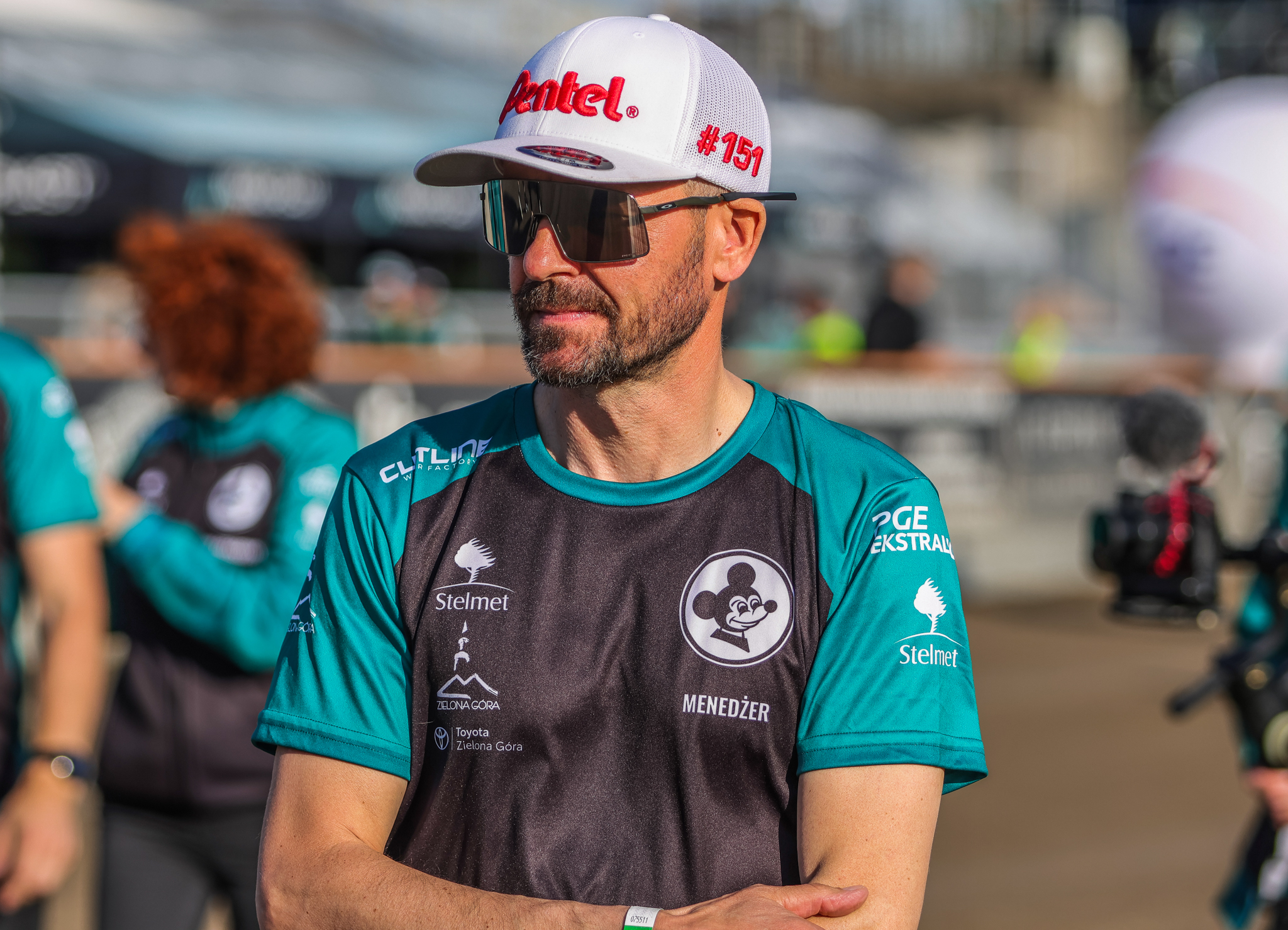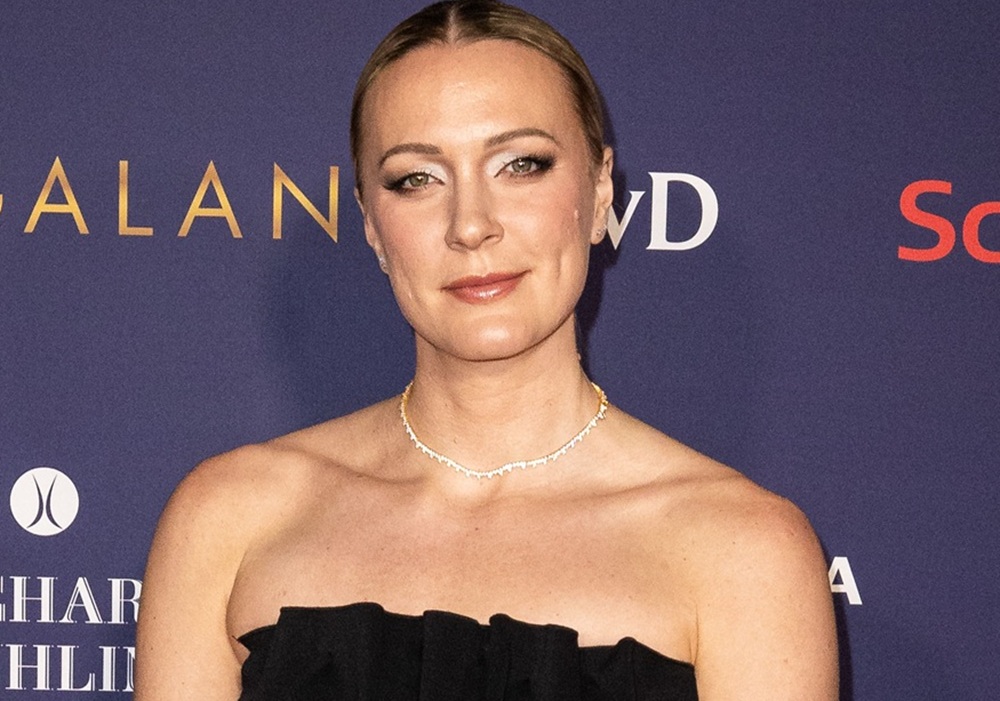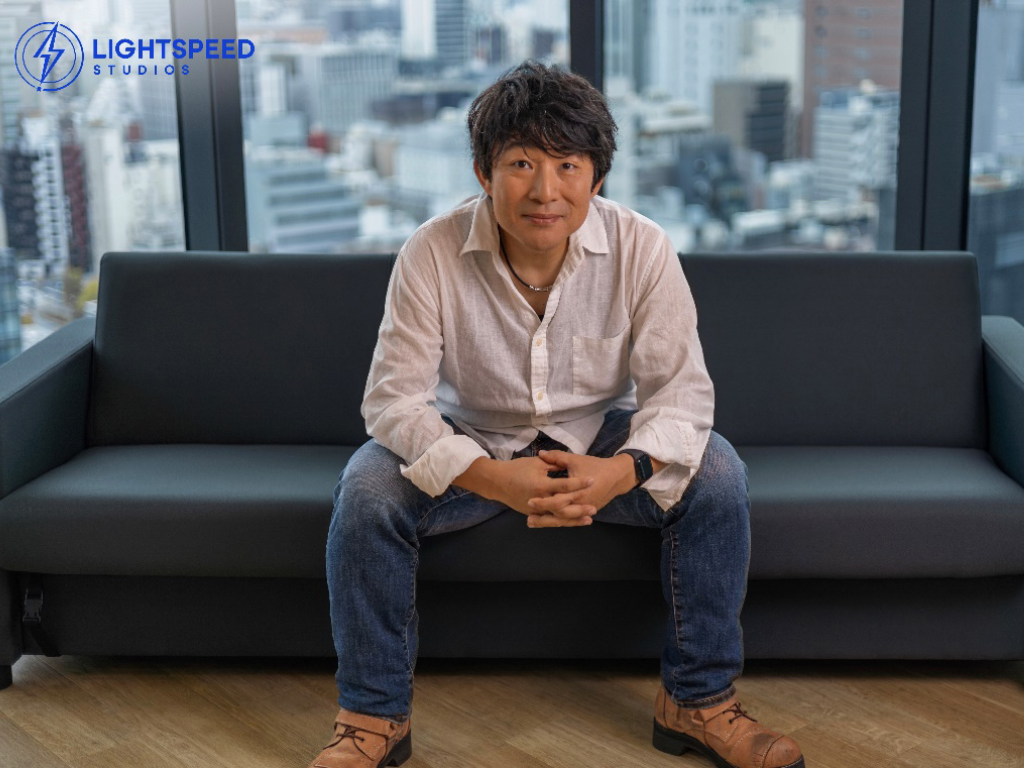Northern Ireland's chief medical officer has firmly rejected claims that there was an "air of unreality" at the start of the coronavirus pandemic. Sir Michael McBride said he "failed to understand" the comments made by Eddie Lynch, the former commissioner for older people for Northern Ireland.
The exchange occurred during Sir Michael's final appearance at the UK Covid-19 Inquiry on Thursday. The long-running inquiry is currently examining adult and residential care as part of its scrutiny of the pandemic response.
Meeting described as serious
It was put to Sir Michael that during a meeting in March 2020, Mr Lynch felt there was "an air of unreality", that scenes from Italy of old people dying "won't happen here". Sir Michael said the comments related to a meeting on 13 March, which he described as "part of a series of meetings which reflected the seriousness of the impending situation".
He explained that during those meetings, he met with trade unions, primary care representatives and secondary care representatives. Sir Michael also met with the Department of Communities and Local Government to explain the evolving situation and its seriousness.
Early preparations highlighted
"This was about communicating to the system in Northern Ireland, not just health and social care, but right across other government departments as well, what we were about to face into," Sir Michael said. He emphasised there was no sense of unreality or lack of urgency about the situation.
Sir Michael revealed he had met Health and Social Care on 11 February and asked them to draw up plans for a surge, which he said he was "fully anticipating". He had also been attending meetings of Cobra with the UK Government and Sage (Scientific Advisory Group for Emergencies).
Testing shortage acknowledged
Within days of the March meeting, Northern Ireland had introduced social distancing measures on 16 March, including working from home and advising people not to go to pubs and restaurants. Sir Michael also addressed the shortage of Covid tests during the early stages of the pandemic.
It was put to him that in the first interim protocol for testing on 19 March, frontline clinical workers were included in the priority for being tested, but not care home workers. "Frankly, we didn't have enough tests. It was simply that," Sir Michael said.
Priority decisions explained
He explained that Northern Ireland had just moved from the contain to the delay phase on 12 March and had stopped contact tracing because there weren't enough tests to continue. The available tests had to be prioritised for people in hospital requiring ventilation and to protect hospital staff providing care.
Inquiry chairwoman Baroness Heather Hallett thanked Sir Michael for his evidence. "Whatever findings I make, I don't think anybody disputes how much pressure you and your colleagues were under and the efforts you went to to try and protect as many people as possible," she said.
(PA) Note: This article has been edited with the help of Artificial Intelligence.

 1 miesiąc temu
1 miesiąc temu
















